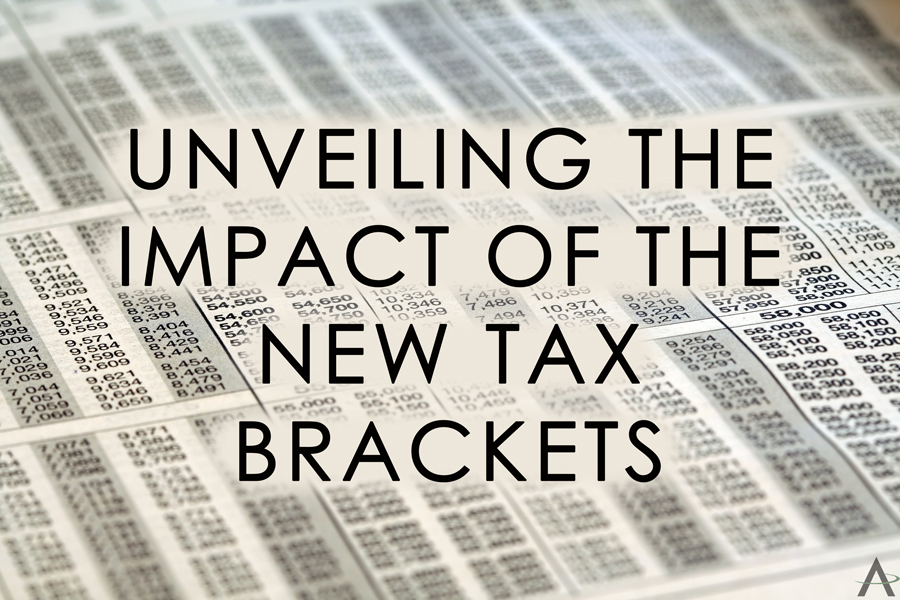Navigating The Tax Landscape: Understanding The Sale Of Old Gold Jewellery
Navigating the Tax Landscape: Understanding the Sale of Old Gold Jewellery
Related Articles: Navigating the Tax Landscape: Understanding the Sale of Old Gold Jewellery
Introduction
In this auspicious occasion, we are delighted to delve into the intriguing topic related to Navigating the Tax Landscape: Understanding the Sale of Old Gold Jewellery. Let’s weave interesting information and offer fresh perspectives to the readers.
Table of Content
Navigating the Tax Landscape: Understanding the Sale of Old Gold Jewellery

Gold, a precious metal valued throughout history, often finds its way into personal collections in the form of jewellery. When these treasured pieces are no longer desired or need to be liquidated, individuals may choose to sell them. However, the sale of old gold jewellery can involve tax implications that require careful consideration. This comprehensive guide aims to demystify the tax landscape surrounding the sale of old gold jewellery, providing clarity and insight into the relevant regulations and procedures.
Understanding the Tax Implications
The tax implications of selling old gold jewellery depend largely on the nature of the sale and the individual’s circumstances. Here’s a breakdown of the key factors influencing the tax treatment:
1. Capital Gains Tax
The sale of old gold jewellery is generally treated as a capital gains transaction. This means that any profit made from the sale, calculated as the difference between the sale price and the original purchase price, is subject to capital gains tax.
a. Short-Term Capital Gains: If the jewellery was held for less than one year before being sold, the profit is considered short-term capital gains and taxed at the individual’s ordinary income tax rate.
b. Long-Term Capital Gains: If the jewellery was held for more than one year before being sold, the profit is considered long-term capital gains and taxed at a preferential rate, typically lower than the ordinary income tax rate.
2. Exemption for Personal Use Assets
In many jurisdictions, the sale of personal use assets, including jewellery, is exempt from capital gains tax if the asset was not acquired for the purpose of resale or investment. This exemption typically applies to jewellery that was primarily used for personal adornment and not intended for future sale.
3. Documentation and Proof of Purchase
To claim the exemption for personal use assets or accurately calculate capital gains, it is crucial to maintain proper documentation. This includes:
- Proof of purchase: Receipts, invoices, or other documentation evidencing the original purchase price of the jewellery.
- Sales documentation: Documentation from the buyer detailing the sale price and date of sale.
4. Reporting Requirements
Individuals are generally required to report any capital gains realized from the sale of old gold jewellery on their income tax returns. The specific reporting requirements may vary depending on the jurisdiction and the amount of capital gains generated.
5. Tax Deductions
In some cases, individuals may be eligible for tax deductions related to the sale of old gold jewellery. These deductions could include:
- Capital gains tax deductions: Certain expenses related to the sale, such as advertising costs or professional fees, may be deductible.
- Losses: If the sale results in a loss, this loss may be deductible against other capital gains.
6. Valuation and Appraisal
Determining the fair market value of old gold jewellery is crucial for calculating capital gains or losses. This may require the services of a professional appraiser, especially for antique or unique pieces.
7. Tax Implications for Businesses
Businesses dealing in the sale of gold jewellery face different tax considerations. The sale of gold jewellery by a business is typically treated as a business transaction, subject to various taxes, including sales tax, income tax, and possibly import/export duties.
Understanding the Importance of Tax Compliance
Compliance with tax regulations surrounding the sale of old gold jewellery is essential for several reasons:
- Avoiding Penalties: Failure to report capital gains or comply with other tax requirements can lead to significant penalties.
- Maintaining Financial Integrity: Accurate tax reporting ensures financial transparency and fosters trust in the financial system.
- Protecting Personal Finances: Proper tax planning can help individuals minimize their tax liability and maximize their financial well-being.
Frequently Asked Questions (FAQs)
1. What are the tax implications of selling gold jewellery inherited from a deceased relative?
The tax implications of selling inherited gold jewellery depend on the specific laws of the jurisdiction and the nature of the inheritance. In some cases, inherited assets may be exempt from capital gains tax. However, it is crucial to consult with a tax professional to determine the specific tax treatment in your situation.
2. Do I need to pay tax on the sale of gold jewellery if I sell it for less than the original purchase price?
If you sell your old gold jewellery for less than the original purchase price, you will not owe capital gains tax. In fact, you may be able to claim a capital loss, which can be used to offset other capital gains.
3. What happens if I sell my old gold jewellery to a pawn shop or jewelry store?
The tax implications of selling gold jewellery to a pawn shop or jewelry store are generally the same as selling it to any other buyer. You will still be responsible for reporting any capital gains realized from the sale.
4. How can I avoid paying capital gains tax on the sale of my old gold jewellery?
While it may not be possible to completely avoid paying capital gains tax on the sale of old gold jewellery, you can minimize your tax liability by:
- Holding the jewellery for more than one year: This will qualify you for the lower long-term capital gains tax rate.
- Claiming the exemption for personal use assets: If the jewellery was used for personal adornment and not acquired for resale, you may be eligible for this exemption.
- Utilizing tax deductions: Certain expenses related to the sale may be deductible, potentially reducing your tax liability.
5. What are the best ways to track my purchases and sales of gold jewellery for tax purposes?
It is essential to keep accurate records of your purchases and sales of gold jewellery. This can be done by:
- Maintaining receipts and invoices: Keep all original purchase receipts, invoices, and sales documentation in a safe place.
- Utilizing a spreadsheet or accounting software: Track your transactions in a spreadsheet or accounting software to maintain an organized record.
- Consulting with a tax professional: Seek professional advice to ensure you are maintaining adequate records for tax purposes.
Tips for Selling Old Gold Jewellery
- Research the market: Determine the fair market value of your jewellery by researching online resources, consulting with jewelers, or obtaining an appraisal from a professional.
- Choose a reputable buyer: Select a trusted buyer with a proven track record and positive reviews.
- Negotiate the price: Do not accept the first offer you receive. Negotiate to ensure you receive a fair price for your jewellery.
- Obtain documentation: Request a receipt or invoice from the buyer detailing the sale price and date of sale.
- Consult with a tax professional: Seek professional advice to understand the tax implications of your sale and ensure you are complying with all applicable regulations.
Conclusion
The sale of old gold jewellery can present a unique set of tax considerations. By understanding the relevant regulations, maintaining proper documentation, and seeking professional advice, individuals can navigate the tax landscape with confidence. Accurate tax reporting and compliance are crucial for avoiding penalties, maintaining financial integrity, and protecting personal finances. Remember, consulting with a qualified tax professional is highly recommended to ensure you are taking full advantage of available exemptions and deductions, ultimately minimizing your tax liability and maximizing your financial well-being.







Closure
Thus, we hope this article has provided valuable insights into Navigating the Tax Landscape: Understanding the Sale of Old Gold Jewellery. We hope you find this article informative and beneficial. See you in our next article!
